Ion Izagirre: I couldn't turn down Bahrain-Merida
'If Movistar said no I wouldn't have gone' says Spaniard
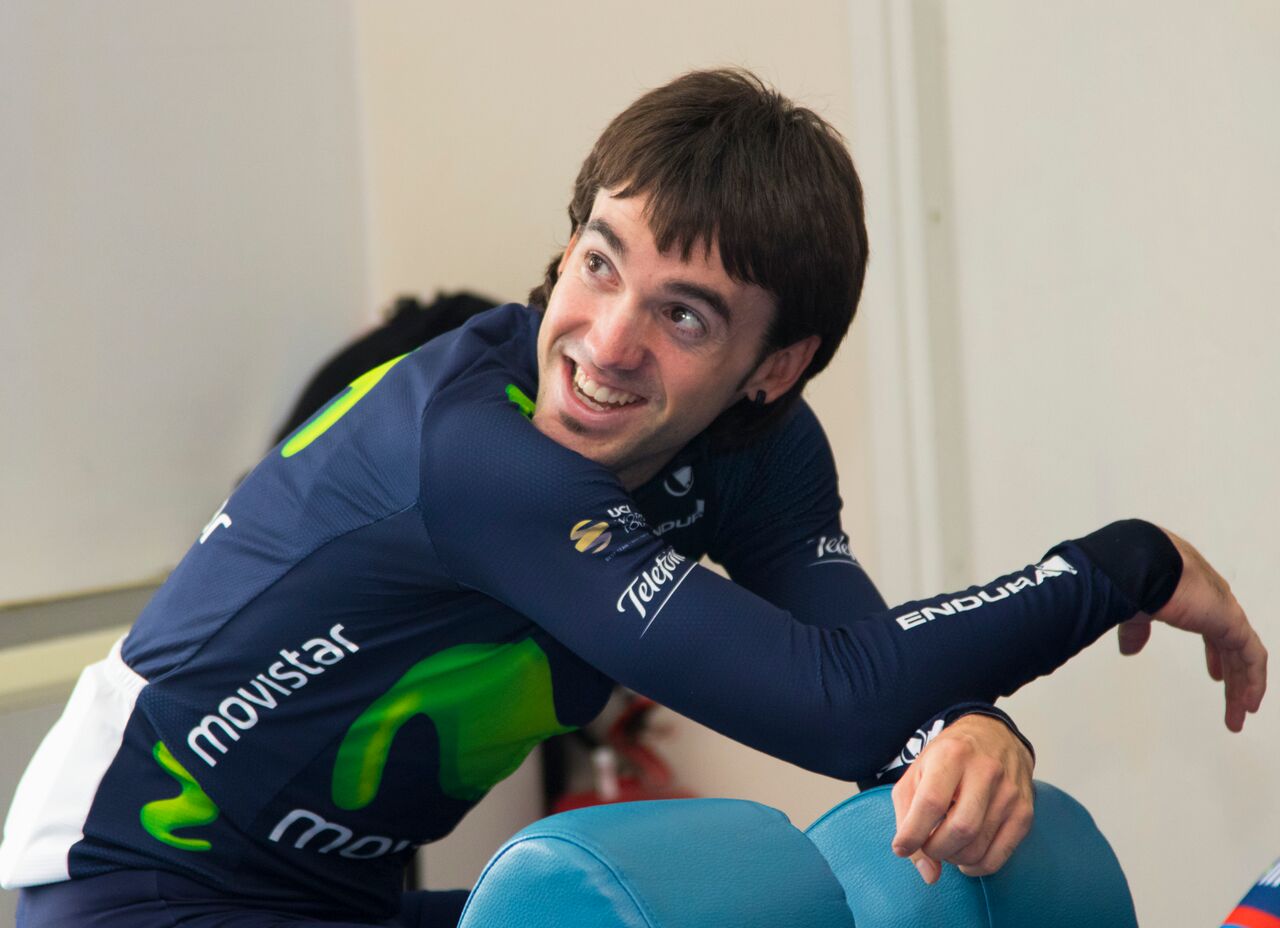
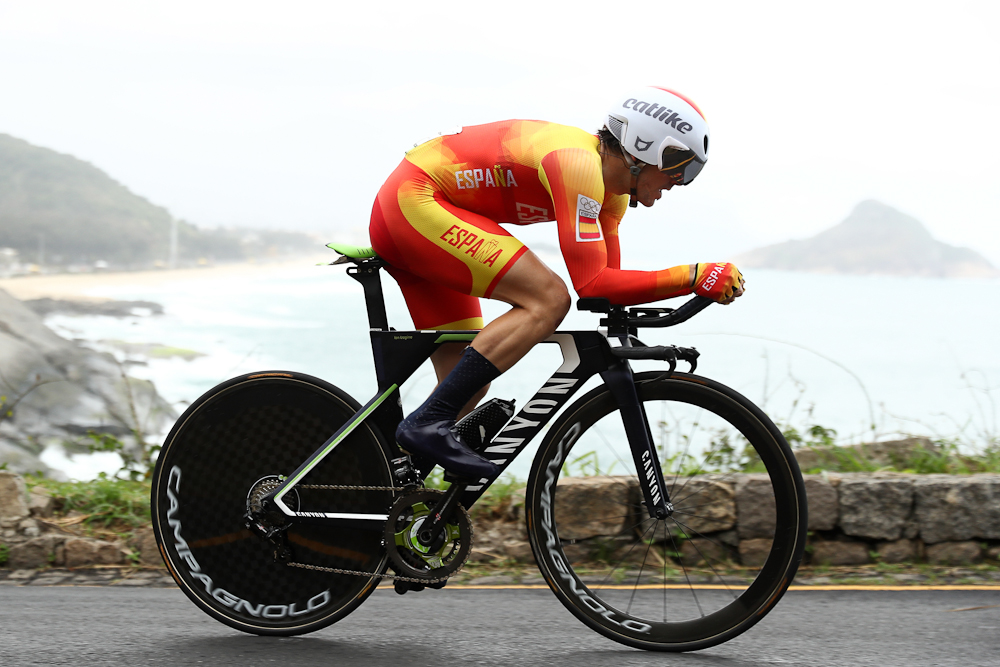
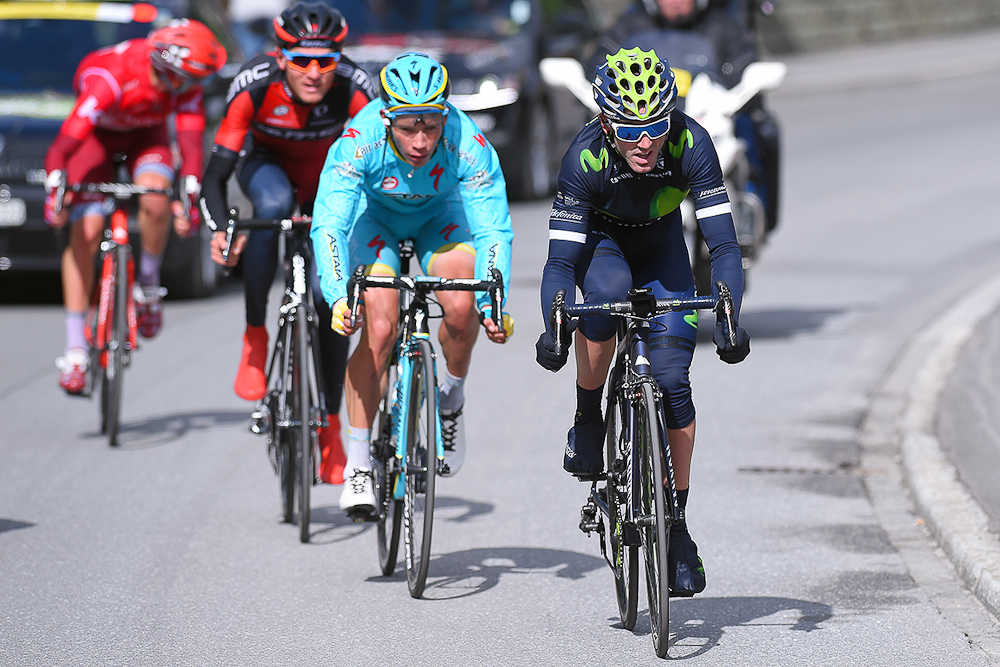
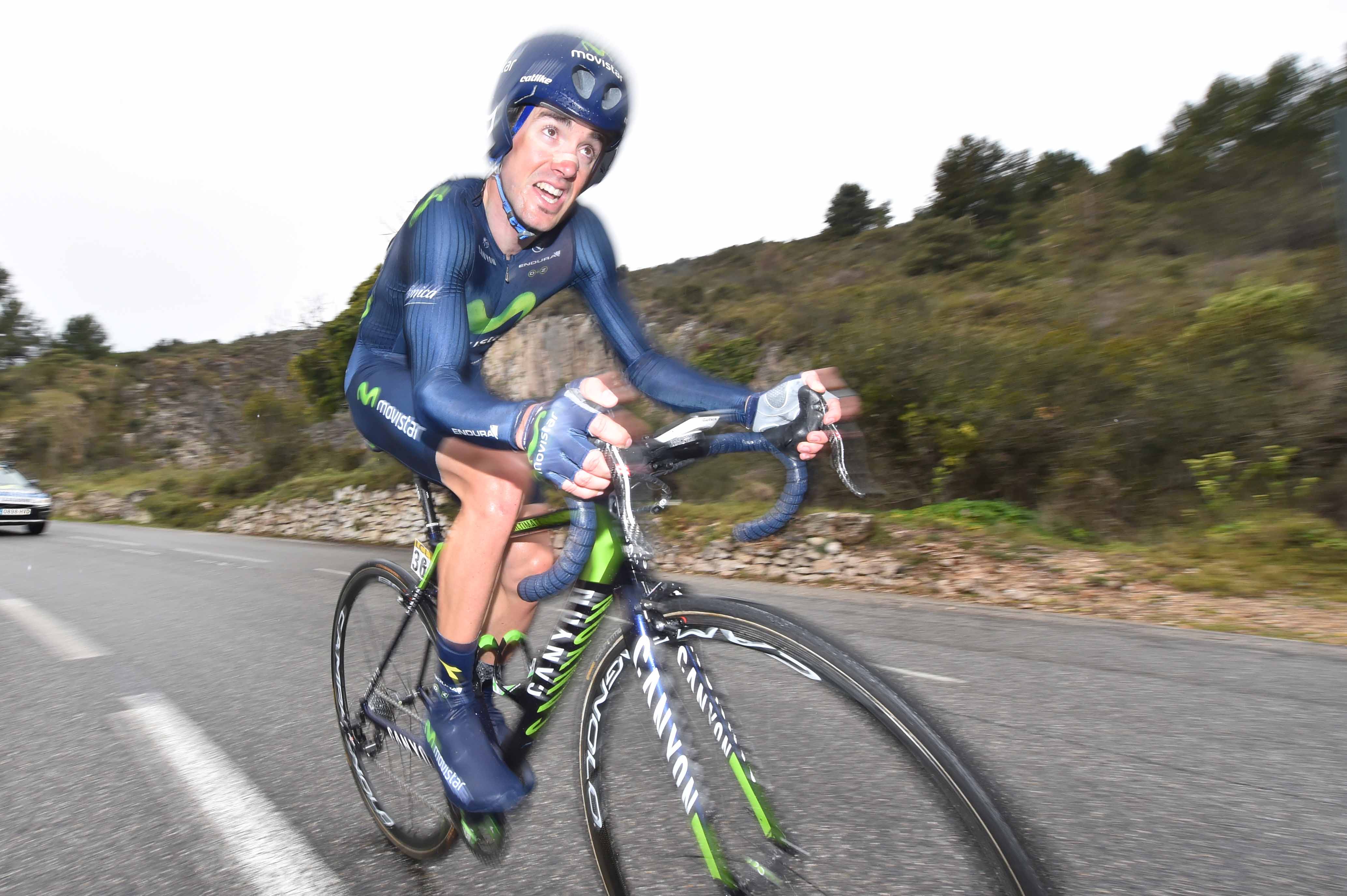
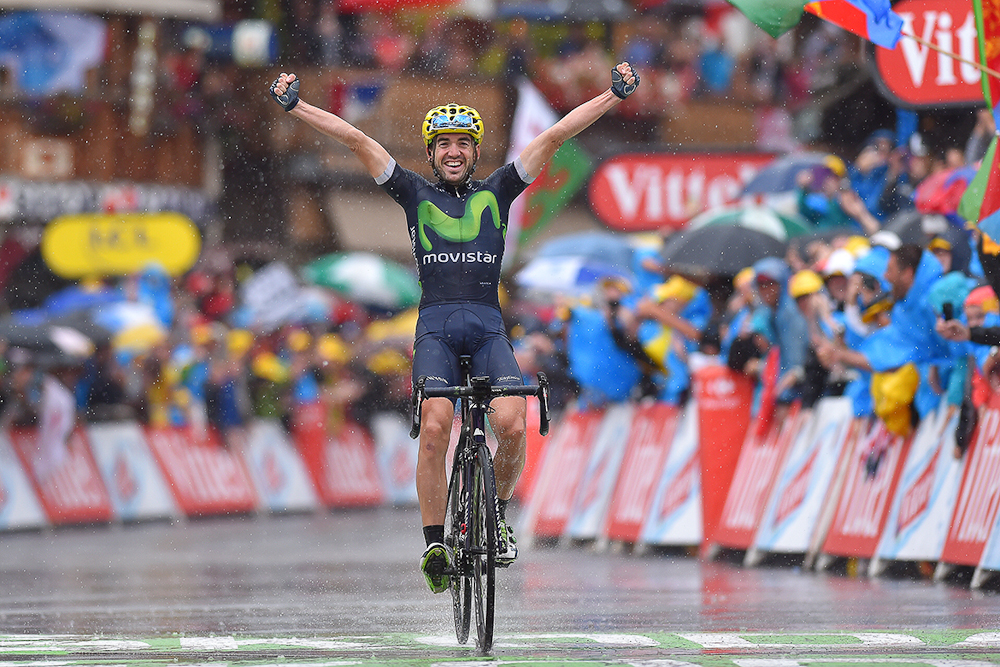
Ion Izagirre is in little doubt that 2016 was the best season of his career to date. A first-ever stage win at the Tour de France was the icing on the cake after an impressive string of results across one-week stage races. So why did he rip up his contract with Movistar to join the nascent Bahrain-Merida team?
"I never planned to change – I had one year left – but Bahrain got in touch saying they were interested, they explained their new project, I liked the look of it, and they showed belief in me," Izagirre tells Cyclingnews in Croatia, where he is getting together with his teammates for the first time at the team's first camp.
Unlike other sports, breaking a contract is a rarity in cycling, and at the time of the signing there was no getting away from the suspicion that the move revolved around the Spaniard's possession of 270 WorldTour points – crucial currency for the three teams fighting over the final two WorldTour licences.
While team manager Brent Copeland dismissed any suggestion of a points-based recruitment strategy, Izagirre openly acknowledges, without being asked, that his points were indeed a factor – not the be all and end all, but 'part of the package'.
"It’s also true they needed points to be WorldTour, and this year is a year where I've earned a fair amount of points," he said, later expanding on the topic when asked if that somehow devalued the move. "At the end of the day that's the system we have in place. To become WorldTour, you need points, like in football. In football the points aren't commercialized but in cycling that's the system we have.
"It's part of the signing. I also believe they signed me for my year, my qualities, and my future. That's what I want to think. Aside from that, I know that my points were important, because this year I had a fair amount, and everything came together in one package, let's say."
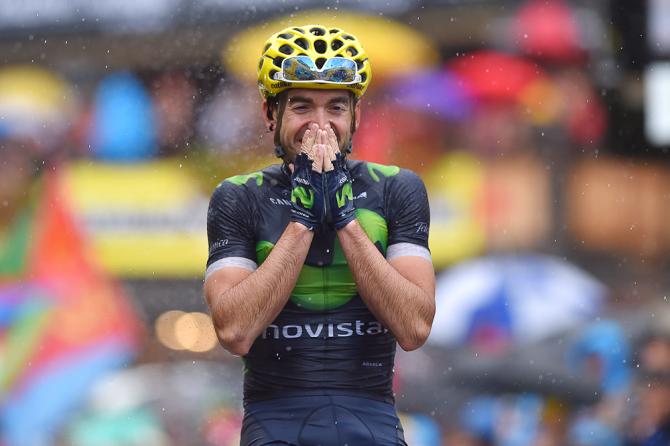
'I didn't want it to end badly with Movistar'
The majority of riders and staff at Movistar are Spanish or Spanish speaking, and Izagirre's brother Gorka has been by his side since the start of his professional career, so the split is one that he describes as leaving a 'family'.
Get The Leadout Newsletter
The latest race content, interviews, features, reviews and expert buying guides, direct to your inbox!
He insists, however, that there was no animosity, and if there had have been, he would have stayed and honoured his contract.
"It was clear to me that, having another year, I didn't want it to end badly," he says. "If the team said 'you're not going', I wouldn't have gone'. Because it would have only ended badly. We spoke about it – Movistar, Bahrain, my manager – and came to an agreement, and they let me come. I appreciate that."
Team manager Eusebio Unzué was "disappointed" rather than angry, having been keen to keep hold of Izagirre, "but he understood my opportunity in this team, and I didn't feel I could pass it up."
The question is: what opportunity?
"What I had in Movistar, I'll more or less have in Bahrain," he says, taking the words out of Cyclingnews' mouth. Nairo Quintana and Alejandro Valverde were the top dogs at the Spanish team, but the coast was largely clear for Izaguirre when it came to the races he wanted to target.
WorldTour points and dollar signs will always come to mind, but the 27-year-old talks about his enhanced status as a true leader with increased freedom, and the attraction - at this stage in his career - of embarking on a new adventure.
"We had two big leaders in Movistar. It's true I had my opportunities, but here we have Vincenzo [Nibali] for the Grand Tours, and then there's me for the week-long races. I have that freedom to be able to be a leader. This year I was a leader in Suisse, Paris-Nice and others, but it's a different mentality. I've taken riders with me, like my cousin [Ion Ander Insausti], and that gives me confidence.
"They presented me a project that I liked, and there you go, here we are. A new challenge. I just decided to grab the opportunity."
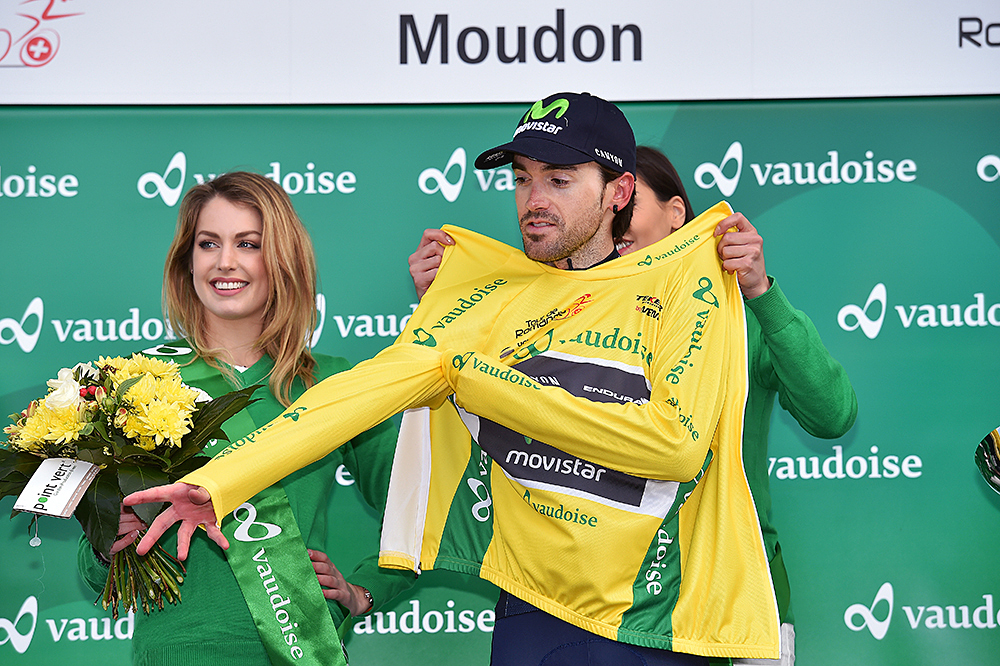
'People think there's nothing beyond the Giro, Tour, and Vuelta'
Izagirre’s Tour de France stage win – carved out in the driving rain on the hellish descent of the Col de Joux Plane on the penultimate day – stands out as his most treasured moment of the season. Looking at the bigger picture, however, his performances and consistency in one-week stage races throughout the campaign have given him a different sort of satisfaction and confidence.
He was fourth at the Volta a la Comunitat Valencia, second at the Volta ao Algarve, fifth at Paris-Nice, third at the Tour de Romandie, second at the Tour de Suisse, eighth at the Eneco Tour.
The Spaniard is an example of a rare breed in cycling – a week-long stage race specialist. Others that tend to achieve success in such races are often also found in the upper echelons of Grand Tour general classifications.
"Some people think there's only the Giro, Tour, or Vuelta – it's like nothing else exists," Izaguirre tells Cyclingnews. "I think one-week races are still really tough to win. It's a different type of racing, but it's where I feel confident, and I know that I can do them well - making differences in the time trial - and they motivate me."
A national time trial champion who wins brutal high-mountain Tour de France stages - it sounds the like the foundations of a Grand Tour contender...
"I know what my qualities are, but I also know what my limitations are," he counters. "I know that in a week-long races I can perform well, but in a three-week race, well, no.
"In the high mountains it can go well for me but I'm not a top climber. In the time trials I can go well – and I can win short ones and prologues, but I'm not a proper specialist like Martin or Cancellara. I climb well, and in the time trials I do well, but winning a Grand Tour is not just about climbing a mountain and doing a time trial. You have to have more qualities – good recovery, for example."
Despite the devotion to the one-week races, Bahrain-Merida's manager, Brent Copeland, has suggested he'd like Izaguirre to have a go at the overall in a Grand Tour. He has been earmarked as a secondary leader to Vincenzo Nibali, with a different programme and a different group around him and, while the Italian looks certain to ride the Giro, which celebrates its 100th edition and passes through his home town of Messina, Izaguirre is set to ride the Tour.
"If you go to the Tour, it's difficult to go for a stage while also thinking about the GC," he says. "If you're a top rider like Froome or Quintana it's possible, but you can lose it all in a flash. One bad day, a crash, an echelon, a lapse in concentration, and you lose the GC, and you don't have a stage. You're left with nothing."
Izaguirre is likely to start his stage race campaign with the Volta ao Algarve ahead of his first major objective, Paris-Nice.
Patrick is a freelance sports writer and editor. He’s an NCTJ-accredited journalist with a bachelor’s degree in modern languages (French and Spanish). Patrick worked full-time at Cyclingnews for eight years between 2015 and 2023, latterly as Deputy Editor.
